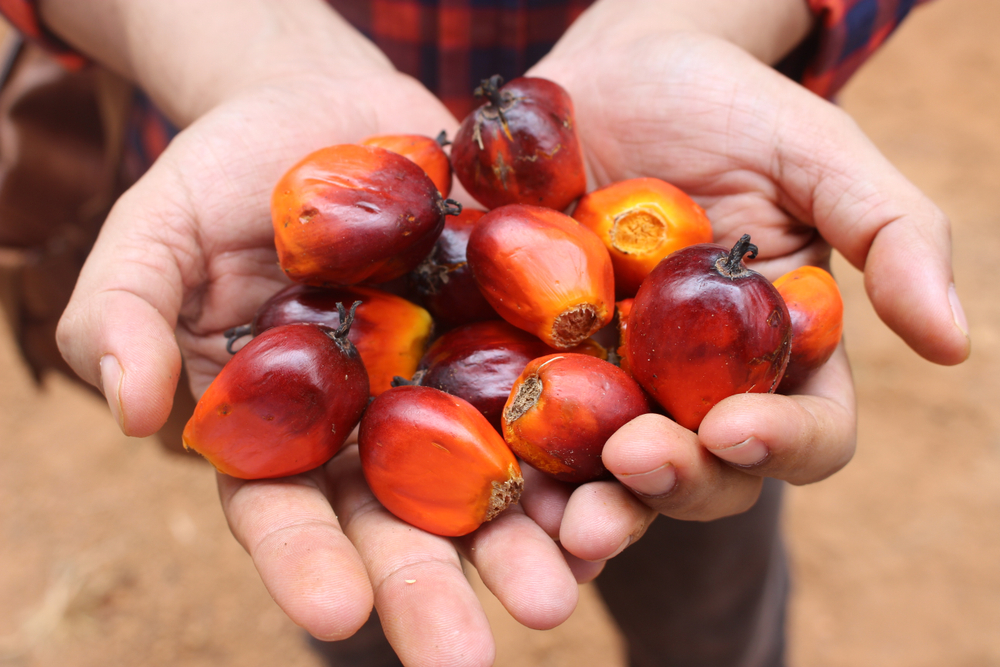Yuen Kah Hay Professor, School of Pharmaceutical Sciences, Universiti Sains Malaysia
Q: TOCOTRIENOLS ARE A FORM OF VITAMIN E
.A: TRUE. “Vitamin E consists of eight isoforms, with each form having the same molecular composition but differ in saturation of a side chain,” explains Prof Yuen. Four such isomers are known as tocopherols, while the other four are tocotrienols. The side chain of the tocopherols is fully saturated while that of the tocotrienols have 3 double bonds.
Q: TOCOTRIENOLS HAVE UNIQUE BENEFITS NOT SEEN IN TOCOPHEROLS.
A: TRUE. As a form of vitamin E, tocotrienols are essential to our health and well-being. This can be seen in someone who has vitamin E deficiency – this person may suffer from infertility, weakened immune system and problems that affect coordination, balance and speech (such as ataxia and areflexia).
However, studies show that tocotrienols have some unique biological activities not observed with tocopherols. Here are some examples shared by Prof Yuen:
- Even at very small (nanomolar) concentrations, tocotrienols (but not tocopherols) are shown to help protect nerve cells from glutamate, a substance released during an ischemic stroke that can cause these cells to degenerate and die.
- The tocotrienols may play a role in reducing injury to the brain tissues during a stroke.
- Recent studies have shown that tocotrienols have the potential to be used in the preventive treatment of neurodegenerative disorders such as cognitive decline and dementia.
Q: TOCOTRIENOLS ARE WIDELY AVAILABLE FROM NATURAL SOURCES.
A: FALSE. In the past, most if not all vitamin E products contained only tocopherols. According to Prof Yuen, this is because tocotrienols are not widely found in nature. They are present in zero or negligible amounts in most edible oils, such as olive oil, sunflower oil and coconut oil. Wheat germ and barley have low amounts of tocotrienols, but these are expensive and hence, not practical for regular consumption.
However, Malaysia is fortunate because crude palm oil, a natural resource that we have in abundance, is one of the richest sources of tocotrienols, says Prof Yuen. We are the first in the world to extract tocotrienols from palm oil. Today, our tocotrienol extracts are sold throughout the world, including the US, Europe, Japan and Australia.
Q: WE ARE GETTING ENOUGH TOCOTRIENOLS FROM OUR DAILY MEALS.
A: The answer depends on the type of meals we consume. It is recommended that we eat regular balanced meals which meet our daily vitamin E requirements (10 mg/day for men aged 19-65; 7.5 mg/day for women aged 19-65 according to the Recommended Nutrient Intake published by the Ministry of Health Malaysia).
To get sufficient tocotrienols for additional protective benefits to the nerve cells and brain, Prof Yuen feels that tocotrienol supplements, usually sold in the form of soft gelatin capsules, may be worth considering.














